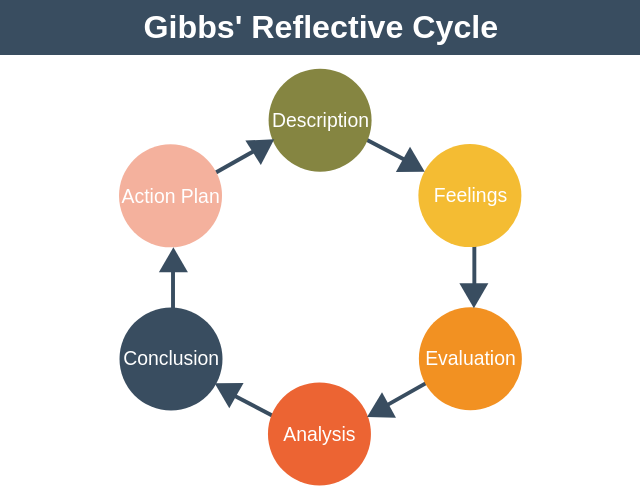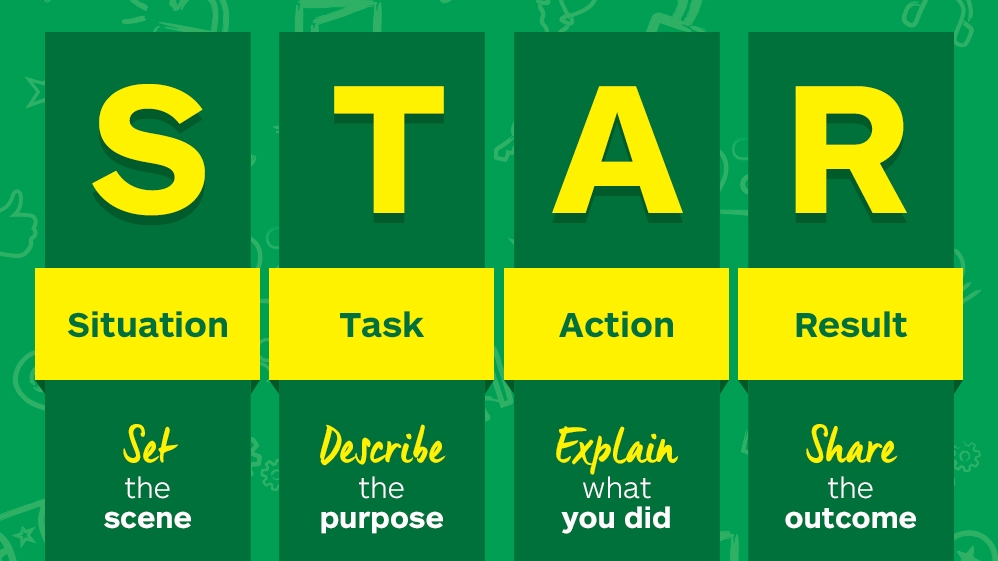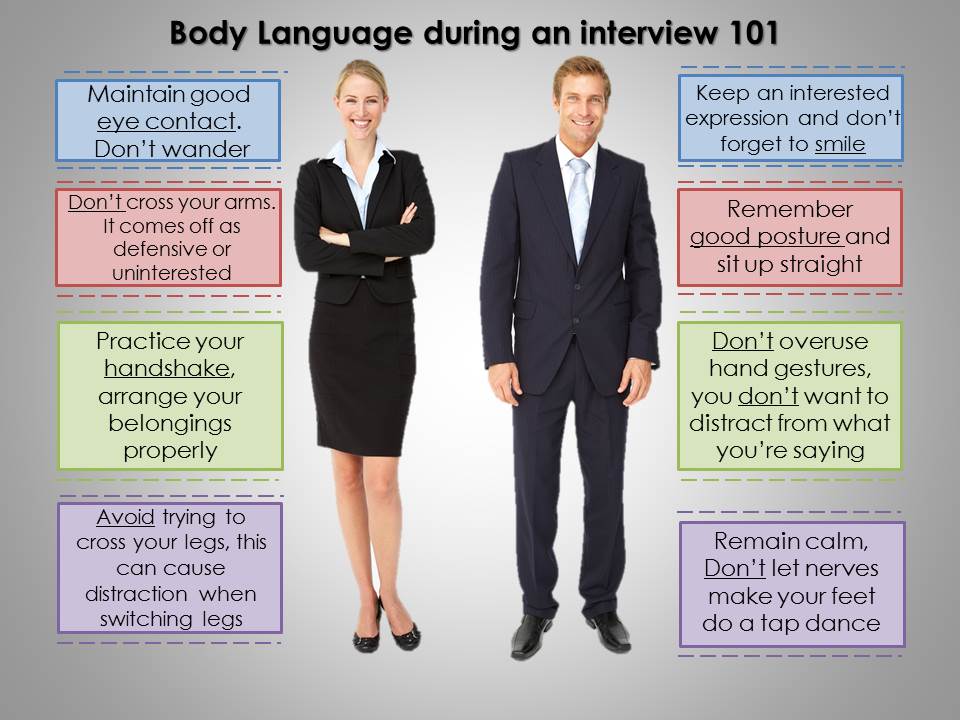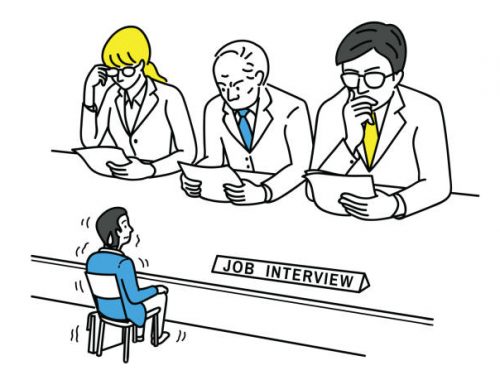Reflecting on my Simulated Interview

Using ‘The Guardian Jobs’ website, I found an advertisement looking for a Year 4 primary teacher to work at Ark Academy, a mixed all-through school located in north-west London. My interview preparation involved preparing answers to possible questions and reading through the candidate information pack several times.


Description and Feelings
I walked into the interview room slightly nervous, yet confident that I could answer their questions.
“Tell us a bit about yourself.”
I thought this was a nice question to start off with and it made me comfortable, as I was able to give some background about myself. I told the panel that I studied music at university and then went over to Scotland to do my PGCE. I also gave them some insight into my hobbies and interests.
“How could you use your musical ability to help our school?
I was confident answering this question, as I had already formulated an answer in my preparation. I expressed how important I believe music is in schools and said that I would love to make use the academy’s outstanding music facilities that I saw pictured on their website. I told them that I could accompany singing in assembly, take a lunchtime choir or direct a school musical given my musical-theatre background.
“What is one weakness you have as a teacher?”
This question initially put me on edge, as it felt quite vulnerable to share something negative about myself. I explained that when I meet a class for the first time, especially a big class of 30 pupils, it can take me a while to get to know everyone and get into the flow of teaching.
“What is a challenge you have had in the classroom and how have you overcome it?
Situation: I was assisting a Year 4 class in an inner-city school.
Task: The teacher assigned me to work one on one with a highly disruptive child. He had very low English capability and was averse to learning.
Action: We read a book very slowly together, pausing at any words he didn’t understand or couldn’t pronounce. I also helped him complete an Accelerated Reader test on the laptop, which encouraged him when he started getting the questions right.
Result: As the trust built between us, we were able to work together much more effectively. When the child was eventually brought back into the classroom, he was less disruptive and wanted to participate more. I found this experience initially challenging but in the end very rewarding.

Evaluation
Positives
I believe I answered the questions coherently and thoroughly, sticking to the relevant points of interest. The panel said that I provided detailed answers and was able to effectively relate my previous work experience. They also said that I showed strong leadership skills. One panellist drew particular attention to my overcoming a challenge in the classroom answer, commending my effective use of the STAR technique.
Negatives
I sometimes stumbled on my words due to slight nervousness and I occasionally lost my train of thought. The panel highlighted that my body language could be improved. They said that I could use more eye contact and could generally be a little more relaxed.
Analysis
I was able to answer the panels questions with a fair amount of confidence because I felt well prepared and had a lot of relevant experience to draw from. However, I certainly agree with the panellists that my eye contact and body language could be improved. This was an area I hadn’t given enough thought prior to the interview.
Directly after my interview had concluded, one of the module co-conveners gave me some advice. He emphasised that especially in an interview with people that you know, ensure to look around everyone- not just the person who asked you the question. He said that you shouldn’t stare intensely at the interviewer but even just sustaining eye contact a little longer than normal can be highly effective in displaying confidence.

Conclusion
Overall, I am very satisfied with how my interview went. I learnt that I can hold my own under pressure and I found out that I have the ability to formulate answers on the spot. I also learnt that using techniques like the STAR method are very effective in answering behavioural questions. My number one goal for my next interview is to improve my body language. I also want to research more into teaching interviews specifically, as I would like to understand this genre of interview better.
Action Plan
I read and made notes on two resources that I think will help me in my next interview.
The article ‘How to Prepare for a Teaching Interview’ from www.eteach.com includes useful statistics, like how long a typical teaching interview will last and the three-part structure most teaching interviews take. Two of the most practical tips I took from the article were keeping a positive attitude even when you don’t think the interview is going the best and wearing smart yet comfortable clothing.
In the book ‘Great Answers to Tough Interview Questions’ by best selling employment author Martin John Yate, there is a chapter dedicated specifically to body language. Yate explains that as humans, we greatly rely on our ability to gather information visually. He highlights that if you want to land a job, it is important to understand and control the messages that your body is sending. He focuses on each aspect of the body, breaking down how you can control each part to emanate confidence. He says that eye contact is crucial in an interview, as looking at someone means showing interest in that person. He suggests that rather than staring straight at the speaker at all times, you can use the triangle technique. Instead of unconfidently looking away from the interviewer, you can create a mental triangle connecting their eyes and mouth. It is recommended that every five seconds, you rotate the point of the triangle that you are looking at.

Bibliography
- How To Prepare for a Teaching Interview. Retrieved from: https://www.eteach.com/blog/how-to-prepare-for-a-teaching-interview
- STAR Interview Method Guide: Examples and Tips for Interviews. Retrieved from: https://www.masterclass.com/articles/star-interview-method-guide#4-aspects-of-the-star-method
- Yate, M.J. (2001) Great Answers to Tough Interview Questions. 5th ed. London: Kogan Page.
- Gibbs’ Reflective Cycle. Retrieved from: https://my.cumbria.ac.uk/media/MyCumbria/Documents/ReflectiveCycleGibbs.pdf
You May Also Like

9 February 2022

When the BBC thinks you live in the Atlantic – My Simulated Interview
17 February 2022
